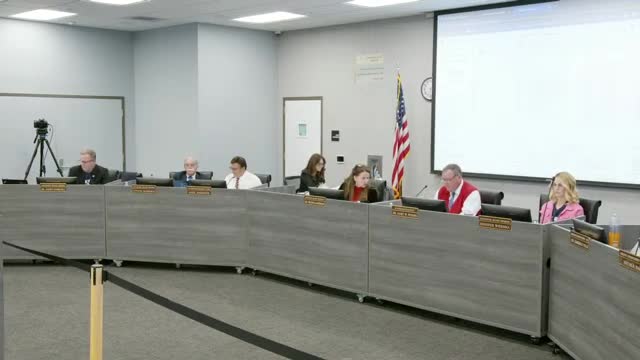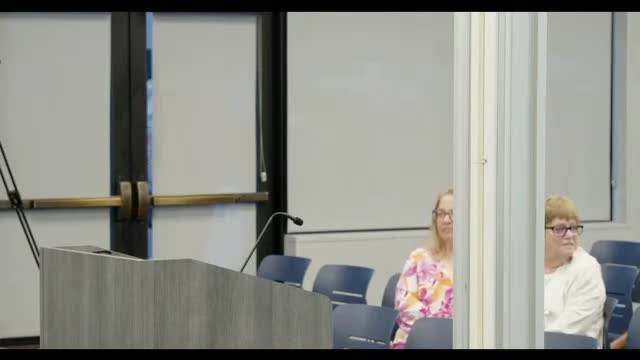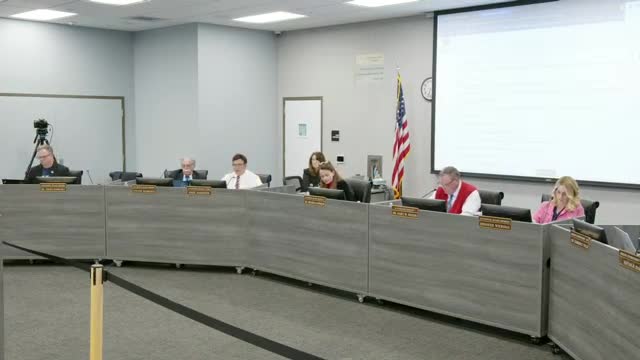Article not found
This article is no longer available. But don't worry—we've gathered other articles that discuss the same topic.

Trustee pulls water purchase orders after questioning wide billing disparities; staff says leaks and reclaimed systems explain differences

Temecula Valley USD board adopts resolution supporting AB 89 after public debate on girls' sports

